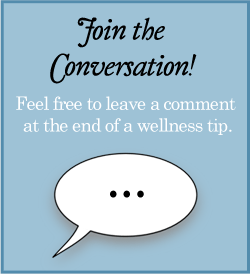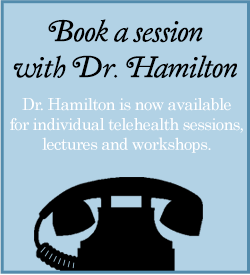 Why Prepare a Career Transition?
Why Prepare a Career Transition?
Did you choose to be a performer? Or did it choose you? For many people drawn to center stage it’s hard to tell which came first. All you know for sure is that you’re passionate about work and on a mission to achieve your dream. So why prepare for a career transition?
The most obvious reason is that there are no guarantees in life, especially in the arts where most performers freelance. Many factors play a role in success in addition to talent, not the least of which is Lady Luck. A meaningful sideline takes the pressure off, particularly when it pays the bills. The actor Harrison Ford made ends meet at the beginning of his career by doing carpentry. Mastering this skill did not make him a star. However, it kept him in the game long enough to land good roles in movies. It definitely beat waiting on tables.
Think of preparing for a career transition as Plan B. While you may never need it, it can serve as a satisfying hobby or survival job. A second career is an option if you’re injured or tired of long stretches on the unemployment line without health insurance. This is when that special hobby or sideline offers an appealing alternative to the cons of being a performer—no matter how much you love it. Identifying other interests is the first step. You can then experiment with different opportunities during breaks in school or work. The earlier you start, the easier it is to develop the necessary skills. This is where a mentor is essential to show you the ropes, whether you’re twenty or over sixty. It should be someone who inspires you and has the time to help you develop a realistic set of goals, in addition to you doing your own research.
The more you can maximize your key passions and strengths, the better able you’ll be to distinguish yourself in the work place. Networking is also key, from online social resources like Facebook to the old-fashioned one-on-one interactions among people in the field you are exploring.
Last but not least, it helps to try out a new job before leaping into it cold turkey. This may mean taking a college course, doing an internship, or volunteering your time with someone who’s already established in the business. Many performers have found lucrative professions by staying within the arts as a photographer, writer, or health care professional. Others venture into new areas. Regardless, the communication skills, flexibility, creativity, and professionalism that you learn as a performer can help you succeed in a variety of careers. For more information on vocational training, check out The Actors Fund (for all entertainers in front of and behind the scenes), as well as Career Transition for Dancers under support services in the Resource section.








